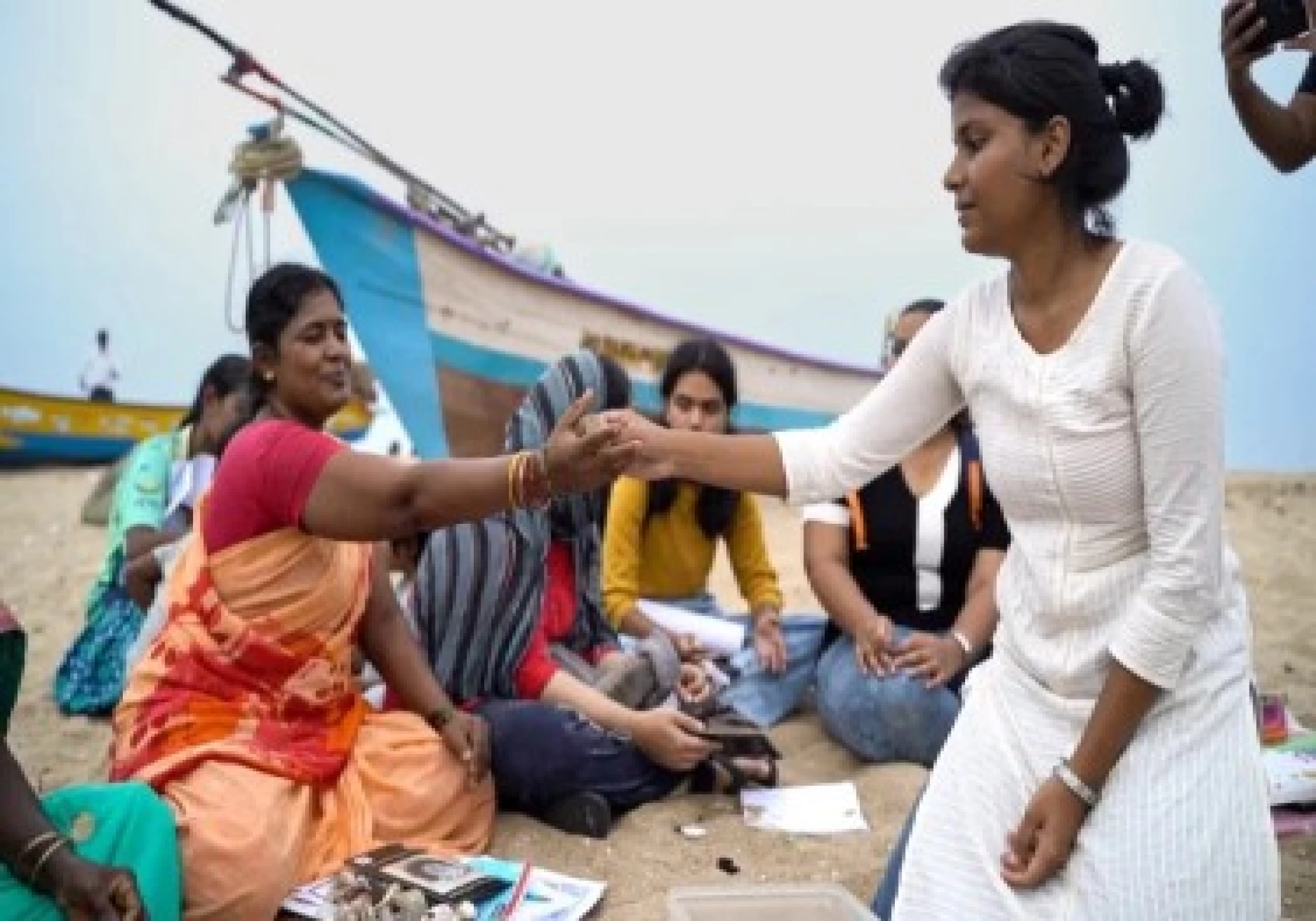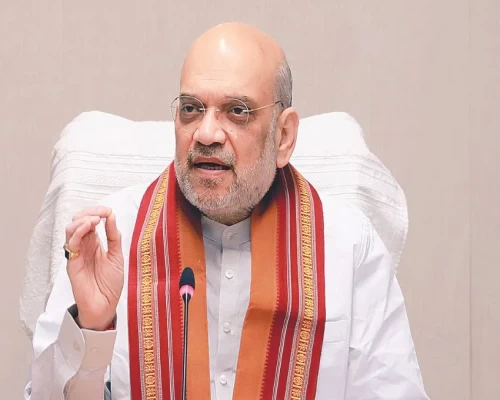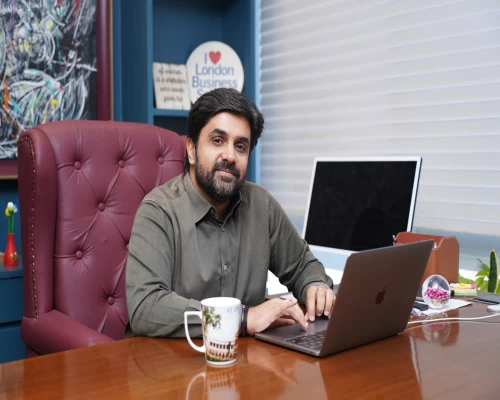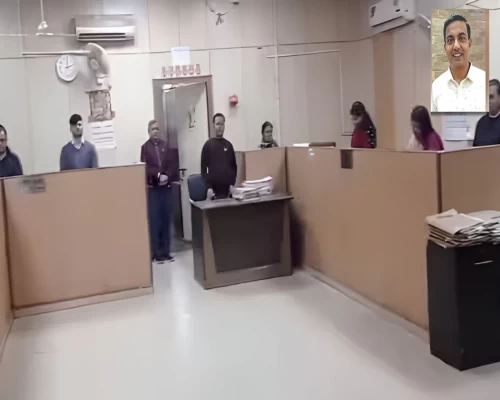
Chennai: The Palluyir Trust in Chennai founded by climate activist Yuvan Aves, conducts a nature education programme, which includes creating Nature’s Classrooms at schools and local parks, and their immediate environment. This programme exists within the framework that Chief Minister M K Stalin introduced in December 2022 as part of the Tamil Nadu Climate Change Mission. In addition to achieving carbon neutrality before India's 2070 target, it seeks to preserve and replenish the state's natural resources. With the help of district missions and climate officers, Tamil Nadu was the first state in India to establish its climate change mission. The State signed MOUs with the World Resources Institute, Anna University, and the National Centre for Sustainable Coastal Management, highlighting the state's intention to achieve carbon neutrality before the national 2070 goal. The establishment of blue flag beaches, green schools, and smart villages is the goal of these accords.
The Green Tamil Nadu Mission, Tamil Nadu Wetlands, and Tamil Nadu Climate Change projects will be carried out by the Tamil Nadu Green Climate Company, which was established with an allocation of Rs 500 crore during the 2021–2022 budget. The mission's goal is to manage and mitigate climate change. Furthermore, research on waste-to-energy projects, climate literacy, sustainable villages, mangrove forest construction, coastal habitat restoration, green power generation, and reduction of vehicular emissions has been allotted Rs 77.35 crore.

The Trust’s Nature’s Education programme aims to improve academic achievement by stimulating critical thinking, curiosity, and interpersonal skills through interactions with nature. Early findings are optimistic, with teachers reporting significant improvements. It has the potential to influence future educational practices by proving the benefits of nature-based learning, particularly for children from socioeconomically disadvantaged communities. The University of Cambridge found in a 2017 study that early exposure to the outdoors had long-term advantages. The results show that a sense of environmental responsibility can be fostered in adulthood through early learning experiences in nature and improved awareness of ecologically minded actions.

Aves and his team contacted the Greater Chennai Corporation's (GCC) Education Department after learning that there was little research conducted on nature-based education in India. They suggested starting programmes for middle school students attending city government schools. Five schools have been selected for the trial programme. The learning programme is embedded in empowering vulnerable populations who live in ecologically sensitive areas such as the Ennore-Pilucat region which has become increasingly monopolised by polluting industries in recent years. Students get knowledge about the detrimental effects of development initiatives on the local ecosystem and biodiversity throughout their internship. They also look into what local communities can do to lessen and mitigate further detriments.
Knowledge is power, and it is through this power that communities seek agency in decisions made regarding their immediate environment. However, mainstream forms of knowledge often limit their audience by limiting it to the English language. This realisation led to the development of a bilingual (Tamil and English) reference to Chennai's coastal biodiversity, which includes 160 common species, thus broadening access to these resources. The organisation has also created multiple booklets and guides in local languages and distributed them through government and public schools. Nature-based educators in the city hope to inculcate in the next generation of urban youth a feeling of wonder and appreciation for the environment through the use of guides such as these, hands-on activities, and advocacy efforts in local schools.











_500_x_400.webp)

